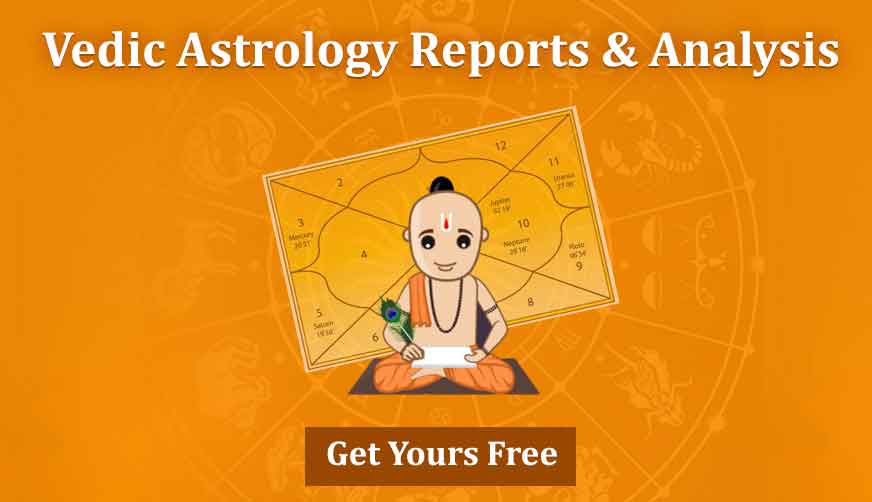Astrology and Career | Important Role in Career Planing | Opting Right Career Stream
Astrology plays an important role in career planing and opting the right career stream.
As per Cicero “It is fortune, not wisdom that rules man’s life”
Also it is said that “Fate knocks the door. it is upto us to bid her to enter or keep her out”.
All planets i.e Sun, Moon, Mars, Mercury, Jupiter, Venus, Saturn including Rahu and Ketu have specific traits. when they come in the aspect of other planet they produce different traits. hence, it is very important to understand the planets in the horoscope and judge the most powerful planet or combo of planets.
Career Streams can be decided on the basis of the most powerful planets or group of planets and understanding the traits of the planets.
it is only one’s natural aptitudes or learning for specific occupations that can be known from the horoscope. No astrological factors can be fixed for each Vocation.
Before judging the career of an individual it is necessary to ascertain the mental, intellectual and physical abilities of the native by examining the strength and weakness of the Sun, the Moon, and the Lagna respectively. In order o judge the mental abilities of the person Mercury position and aspect should also be properly judged to measure the mental make-up.
When Moon or Mercury receives a series of evil aspects particularly of Rahu and Saturn, the natives lacks the strength of mind to face the critical situations and can be found unfit for responsibility jobs.
To judge an individuals career the house that is considered on priority is the 10th house and the planet placed in it. But it is not necessary that the planet in the 10th and the lord of the planet only are the deciding factors. sometimes the most powerful planet in the chart also plays an important role in deciding the career.
For the purpose of understanding and study we can classify various occupations into 6 broad categories.
Intellectual Avocations
This Avocation includes Scientist, philosophers, doctors, astronomers, astrologers, Psychologists, Psycho-analysts, Judges, Lawyers etc.
Economic Avocations
This avocation includes bank workers, insurance workers, actuaries, industrialists, mill owners etc.
Aesthetic Avocations
The professions under this avocations are Musicians, actors, singers, dancers, dramatists, cinema artists etc.
Routine Works
This includes routine workers such as clerks, general staff in the offices, shop assistants etc.
Mechanical Professions
This avocation embraces carpenters, mechanics, mill workers, artisans, agriculturists etc.
Trades
The Trades category includes booksellers, publishers, grocers, printers, journalists, merchants etc.
The classification is not very much digitalized as it is difficult to draw a line of distinction between different categories. For example, An author whose main work is intellectual may spend part of his time in printing and composing or Insurance business. Here it is a combo of intellectual and economic avocations. Also we can see a teacher shifting from teaching to business. This can be explained by the fact that there is a certain kind of stimulus to qualities at certain ages depending on the dashas and bhuktis.






